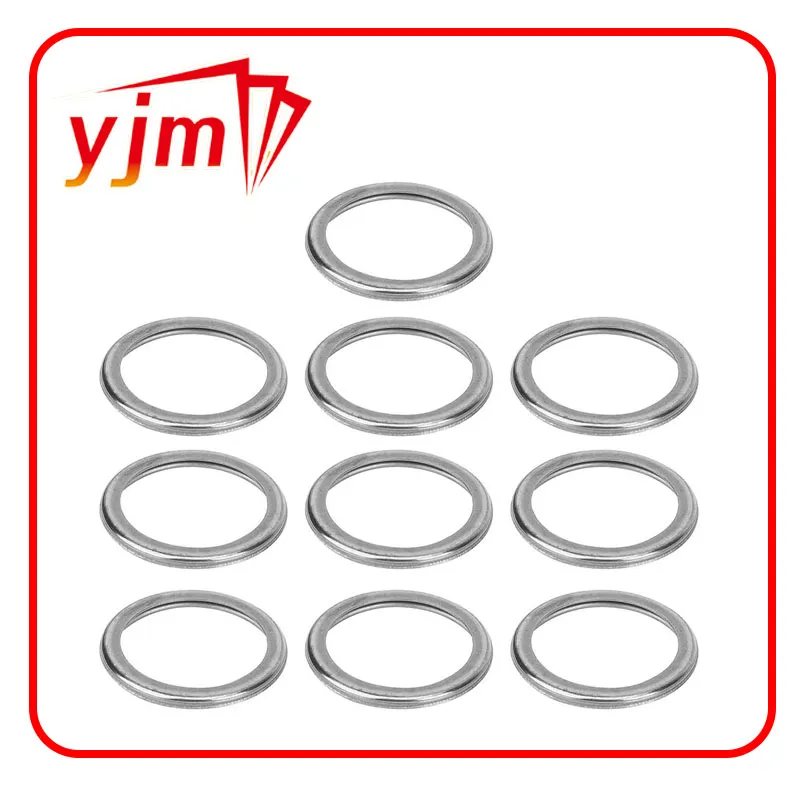Common Causes and Solutions for Housing Gasket Leaks in Automotive Applications
Understanding Housing Gasket Leaking Causes, Symptoms, and Solutions
When it comes to maintaining the integrity of a vehicle or machinery, one crucial component often overlooked is the housing gasket. A housing gasket's role is to provide a seal between two parts, preventing the leakage of fluids and ensuring the efficient operation of an engine or any mechanical system. However, over time, these gaskets can wear out, leading to leaks that can have detrimental effects on performance. This article explores the causes, symptoms, and solutions associated with housing gasket leaking.
Causes of Housing Gasket Leaking
1. Age and Wear Like many components in an engine, gaskets have a limited lifespan. Over time, heat cycles, pressure changes, and exposure to various fluids can cause the gasket material to degrade. This is especially true if the vehicle has high mileage or has been subjected to harsh driving conditions.
2. Improper Installation If a gasket is not installed correctly, it can lead to uneven pressure distribution. This is often a result of overtightening or undertightening the bolts. An improper fit can also allow gaps to form, leading to leaks.
3. Contamination The presence of oil, dirt, or other contaminants can compromise the integrity of the gasket. If the surface is not clean during installation, it can prevent the gasket from sealing properly, increasing the risk of leaks.
4. Thermal Expansion and Contraction As the engine heats up, components expand. When it cools down, they contract. This constant cycle can stress the gasket and lead to cracking or tearing over time.
5. Fluids and Chemicals Different fluids have varying effects on gasket materials. For instance, exposure to oil, coolant, or transmission fluid can cause certain materials to swell, shrink, or degrade, resulting in leaks.
Symptoms of a Leaking Housing Gasket
Identifying a leaking housing gasket early can prevent further damage to your engine or equipment. Here are some common symptoms to watch out for
1. Fluid Puddles One of the most obvious signs of a leak is the presence of fluid puddles beneath the vehicle or machine. This can include oil, coolant, or transmission fluid, depending on where the gasket is located.
2. Overheating If the gasket is leaking coolant, the engine may run hotter than usual. This is a critical issue that can lead to engine damage if not addressed promptly.
housing gasket leaking

3. Low Fluid Levels Regularly checking fluid levels can help identify leaks. If you notice a drop in fluid levels without any visible source, a gasket leak could be the culprit.
4. Unusual Engine Noises A leaking gasket can also lead to air entering the system, resulting in sputtering sounds or unusual noises coming from the engine compartment.
5. Warning Lights Many modern vehicles are equipped with sensors that monitor engine temperatures and fluid levels. If a gasket leak causes abnormal conditions, warning lights may illuminate on your dashboard.
Solutions for Housing Gasket Leaking
Addressing a leaking housing gasket requires a systematic approach
1. Inspection Thoroughly inspect the gasket and surrounding areas for signs of leakage. Use a flashlight to check hard-to-see spots.
2. Replacement If the gasket is indeed damaged, it is often best to replace it. Ensure the new gasket is suitable for the fluids it will be exposed to and that it is installed correctly.
3. Cleaning Surfaces Before installing a new gasket, clean the mating surfaces meticulously. Remove all remnants of the old gasket and any contaminants.
4. Regular Maintenance Preventing future leaks involves regular maintenance. Keep an eye on fluid levels, replace worn-out gaskets, and address minor issues before they escalate.
5. Consult a Professional If you are unsure about diagnosing or fixing a gasket leak, consider seeking professional help. Trained mechanics can provide expertise and ensure that repairs are done correctly.
In conclusion, understanding the significance of housing gaskets and the implications of leaks can save time, money, and hassle. Regular vehicle maintenance coupled with prompt attention to signs of leaks can go a long way in ensuring smooth operation and longevity of your engine or machinery.
-
Understanding the Front Main Engine Seal: Purpose, Maintenance, and Installation
News Jul.29,2025
-
Understanding O-Rings and Seal Rings: Types, Applications, and Custom Solutions
News Jul.29,2025
-
Understanding Crankshaft Oil Seals: Rear Seals, Pulley Seals, and Their Role in Engine Integrity
News Jul.29,2025
-
The Importance of Front and Rear Crankshaft Seals in Engine Performance and Oil Management
News Jul.29,2025
-
Crank Oil Seals: Functions, Types, and Cost Considerations in Engine Maintenance
News Jul.29,2025
-
A Comprehensive Guide to O-Rings and Seals: Types, Materials, and Global Applications
News Jul.29,2025
-
Mastering Diesel and Performance Engine Maintenance: A Guide to Critical Oil Gaskets
News Jul.28,2025
Products categories















